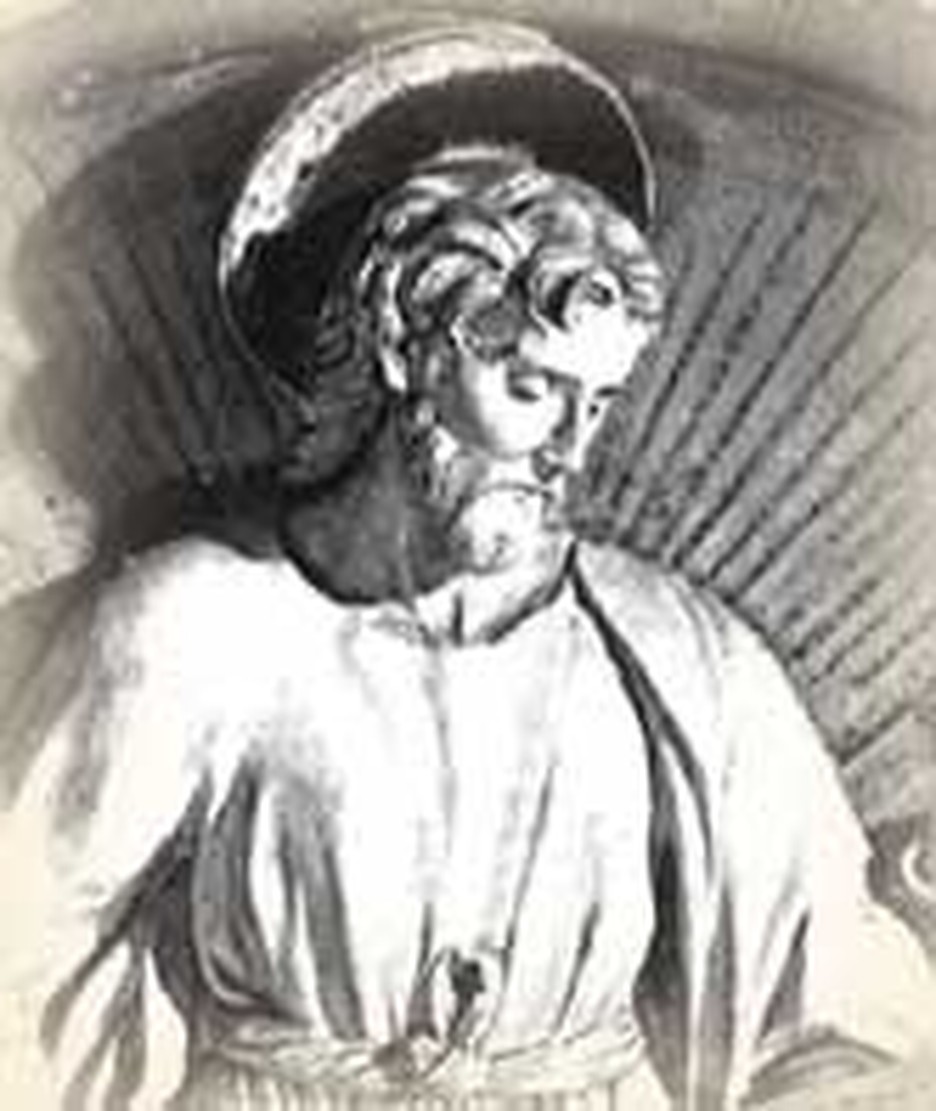
During the first eight years after our blessed Lord’s ascension into heaven, Matthew continued to preach the gospel with great assiduity in different parts of Judaea; after which he left the country of Palestine in order to convert the Gentile world. But before his departure, at the earnest solicitation of the Jewish converts in Judaea, he wrote the history of the life and actions of the blessed Jesus, which he left among them as a standing monument of what he had so often delivered to them in his sermons.
After Matthew left Judaea, he traveled into various parts, but the particular places he visited are not certainly known. However, after laboring indefatigably in the vineyard of his Master, he suffered martyrdom at a city called Nadabar in Ethiopia; but the particular manner of his death is not certainly known, though it is the generally conceived opinion that he was slain with the halberd. His martyrdom is commemorated by the church on the 21st day of September.
St. Matthew was a remarkable instance of the power of religion, in bringing men to a proper temper of mind. If we reflect upon his circumstances while he continued a stranger to the great Redeemer of mankind, we shall find that the love of the world had possessed his heart. But notwithstanding this, no sooner did Christ call him than he abandoned, without the least scruple or hesitation, all his riches; nay, he not only renounced his lucrative trade, but ram the greatest hazards of displeasing the masters who employed him, for quitting their service without giving them the least notice, and leaving his accounts in confusion. Had our blessed Saviour appeared as a secular prince, clothed with temporal power and authority it would have been no wonder for him to have gone over to his service; but when he appeared under all the circumstances of poverty, when he seemed to promise his followers nothing but misery and sufferings in this life, and to propose no other rewards than the invisible encouragements of another world, his change appears truly wonderful and surprising. But divine grace can only subdue all opposition.
His contempt of the world was fully manifested in his exemplary temperance and abstemiousness from all delights and pleasures; insomuch that he even refused the ordinary conveniences and accommodations of life. He was remarkably modest in the giving the preference to others, even though their abilities were not so conspicuous as his own. The rest of the evangelists are careful to mention the honor of his apostleship, but speak of his former sordid, dishonest, and disgraceful course of life, only under the name of Levi; while he himself sets it down with all its circumstances, under his own proper and common name; a conduct which at once commends the prudence and candor of the apostle, and suggests to us this useful excluded from divine grace; nor can any, if penitent, have just reason to despair, when publicans and sinners find mercy at the throne of grace.
The Gospel which St. Matthew wrote at the entreaty of the Jewish converts before he left Judaea, was penned in the Hebrew language, but soon after was translated into Greek by one of his own disciples. After the Greek translation was admitted, the Hebrew copy was chiefly owned by the Nazaraei, a middle sect between Jews and Christians; with the former, they adhered to the rites and ceremonies of the Mosaic Christ, and embraced his religion; and hence this Gospel has been styled, “The Gospel according to the Hebrews,” and “The Gospel according to the Nazarenes.”
Resources: This story is adapted from John Kitto's 1870 History of the Bible and represents the commonly accepted views about this apostle among rank and file believers in the late 19th century.








